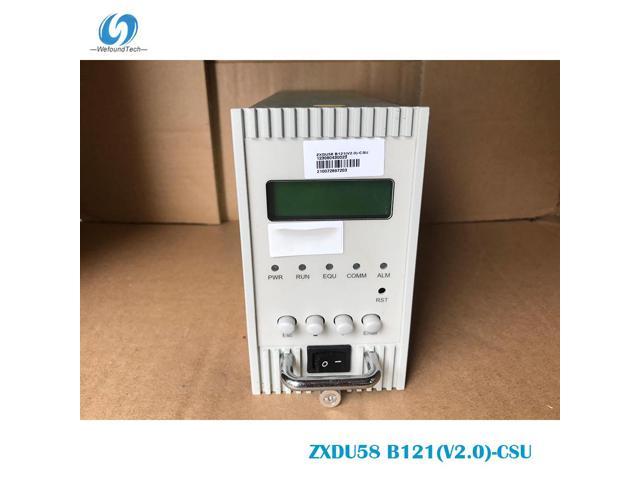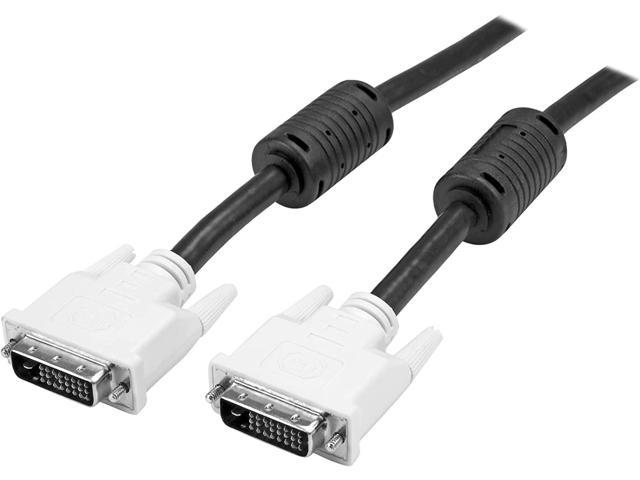Electroencephalography (EEG) is a noninvasive electrophysiological monitoring tool that is used for recording electrical activity of the brain. It measures voltage fluctuations arising in the brain due to the ionic currents flowing through the neurons of the brain. EEG is often used for diagnosing epilepsy, depth of anesthesia, coma, sleeping disorders, encephalopathies and brain death. EEGs are primarily used for epilepsy monitoring in order to distinguish epileptic seizures from psychogenic non-epileptic seizures, sub-cortical movement disorders, etc. It is also used to characterize seizures and localize the area of the brain where a seizure originates. This book elucidates new techniques and applications of electroencephalography in a multidisciplinary manner. It strives to provide a fair idea about EEG and to help develop a better understanding of the latest advances in this technology. It is a vital tool for all researching or studying neuroscience and neurology as it gives incredible insights into emerging trends and concepts.















